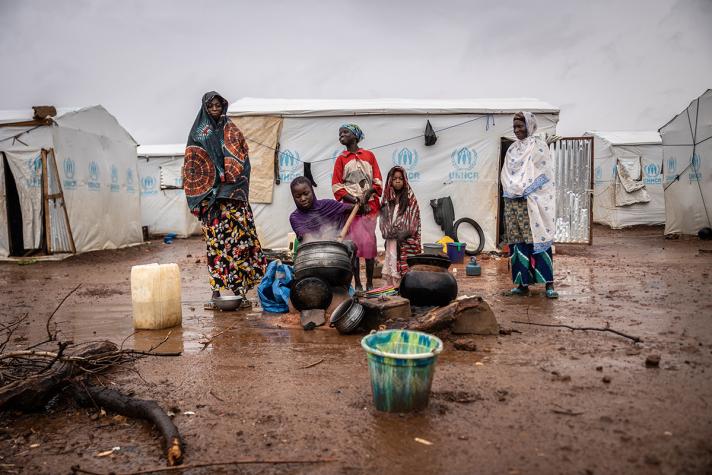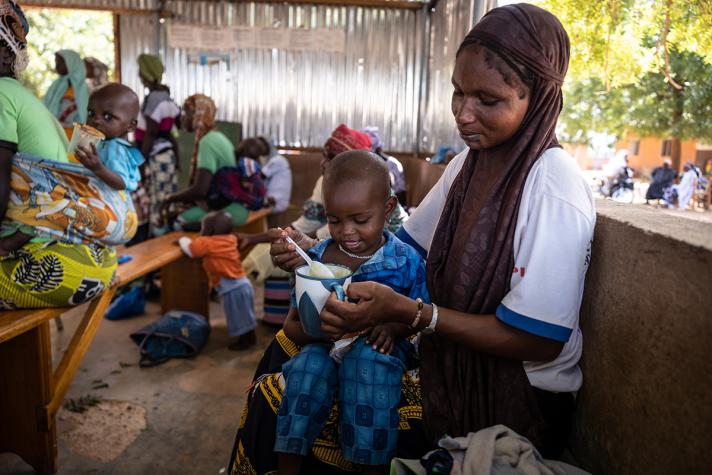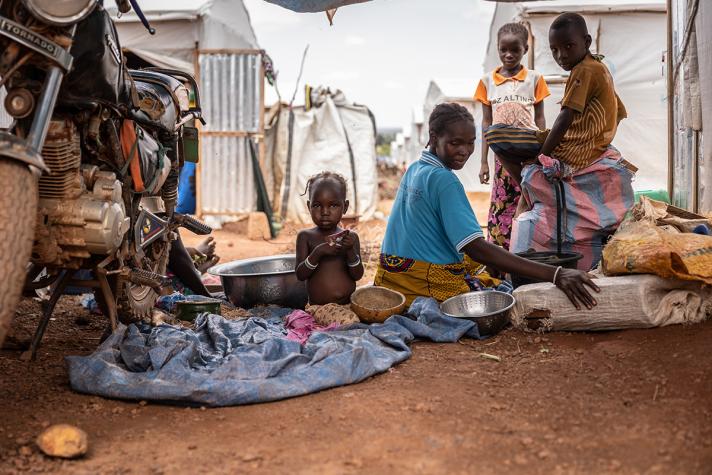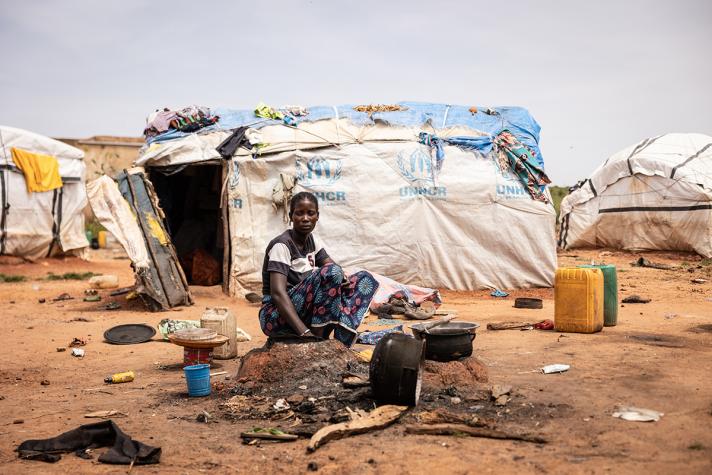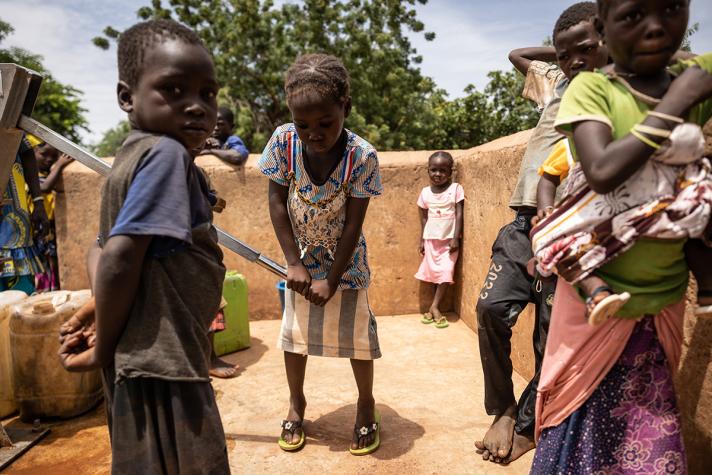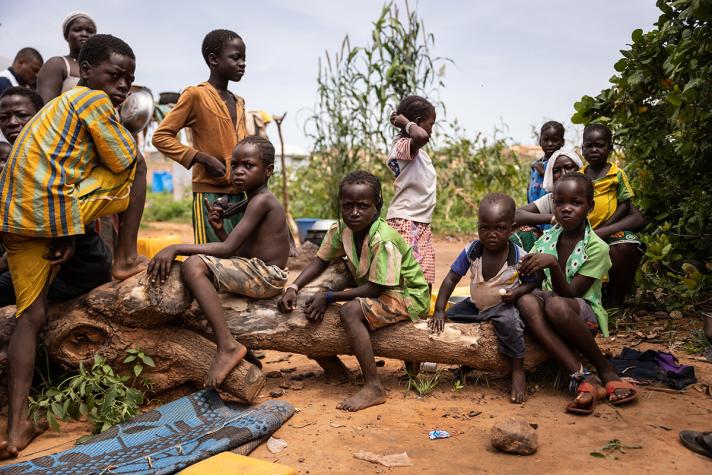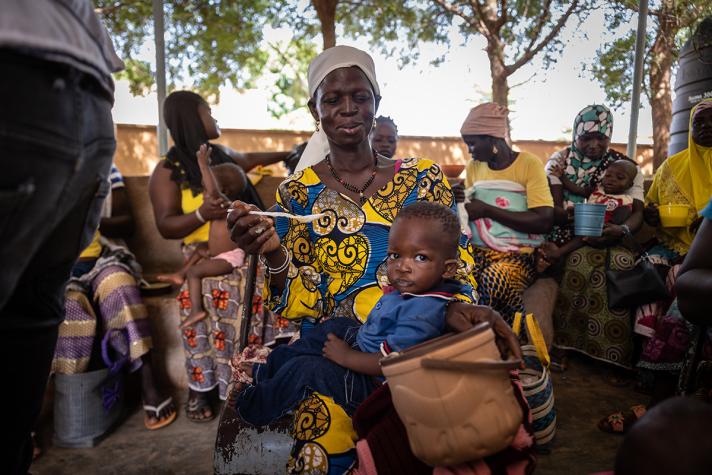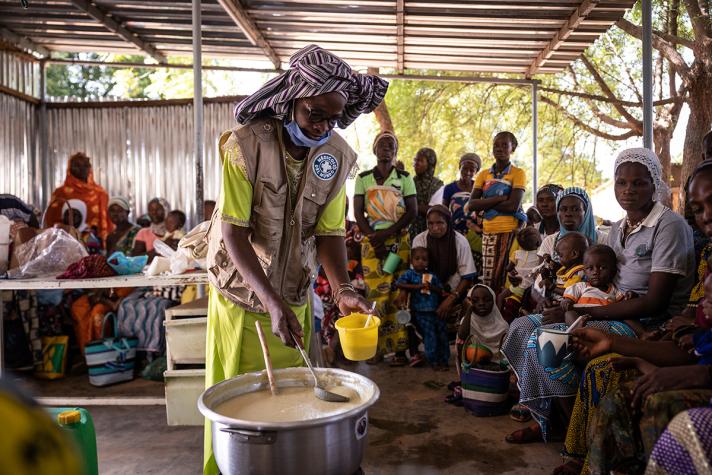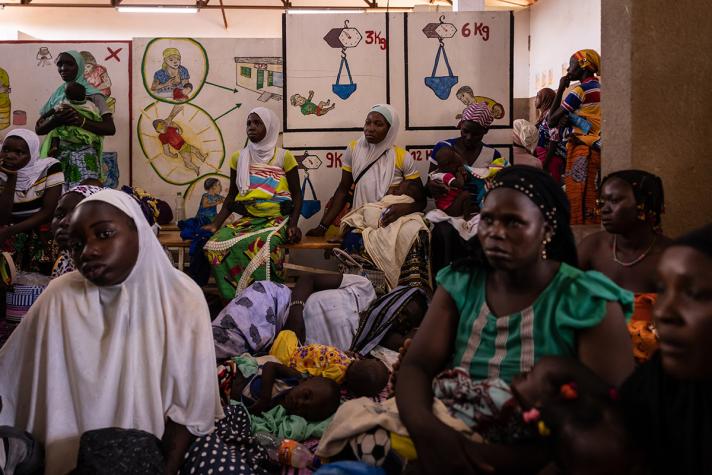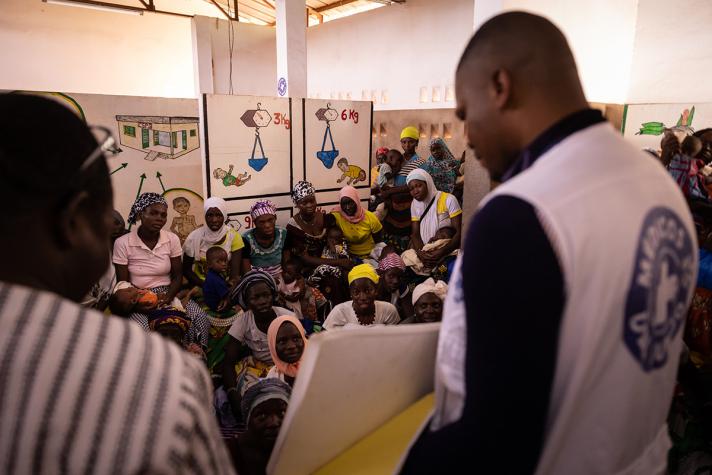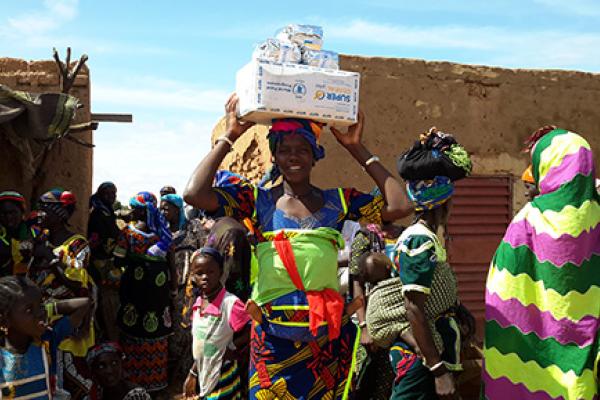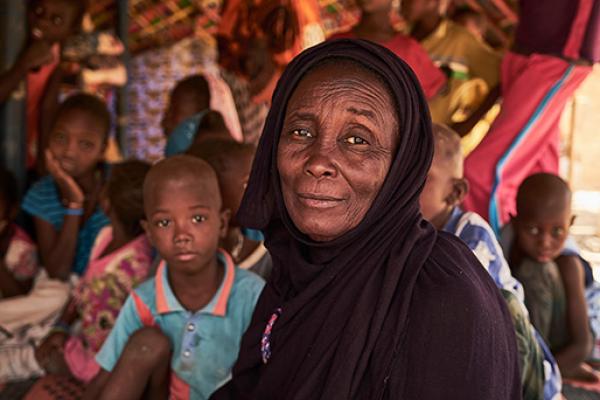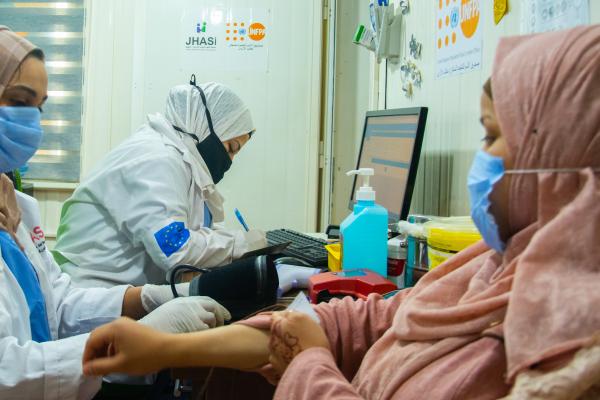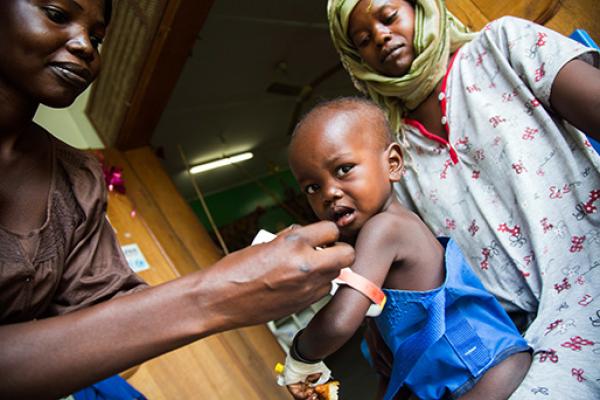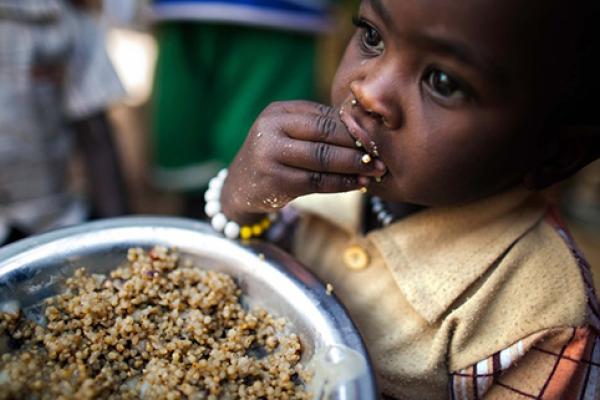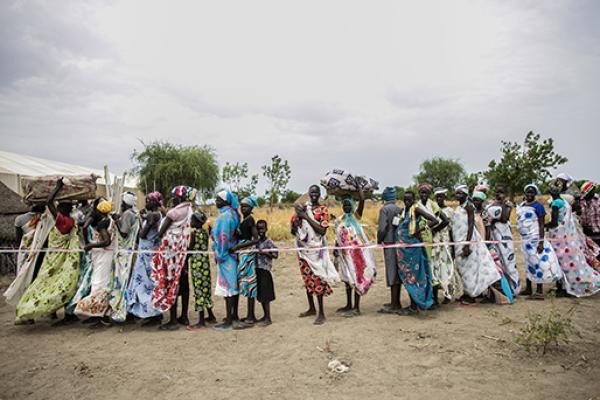Over 40 million people are currently facing starvation in the Sahel, including in Burkina Faso, where conflict is the leading cause of food insecurity. At least 1.7 million people are internally displaced (IDPs) due to the ongoing violence - including almost 900,000 children (as of September 2022), according to government figures.
In most of the country, widespread violence affects people’s basic needs and income opportunities. Access to fields and markets is challenging, and families cannot always meet their needs.
In August 2022, the United Nations increased the estimated number of Burkinabe requiring humanitarian aid by 40% to 4.9 million. This includes 3.4 million people who are severely food insecure.
Humanitarian access remains a challenge due to the conflict dynamics and actions taken by non-state armed groups (use of explosive devices, irregular controls on roads, attacks on vital infrastructure facilities such as water points, etc.).
The conflict has also severely affected educational and health facilities. As of June 2022, over 4,250 schools remained closed, leaving more than 700,000 pupils out of school.
Over 500 health facilities are affected by conflict, of which 192 are entirely closed. This leaves over 2 million individuals with restricted access to health care. Epidemics such as cholera and meningitis are recurrent.
In 2022, the EU allocated €53.4 million in humanitarian aid to Burkina Faso. With this funding, our humanitarian partners can provide nutrition assistance and health care to those who need it the most.
One of these partners is Doctors of the World (Médecins du Monde), which, with EU humanitarian support, provides health care services in 39 facilities in the Dori, Djibo and Kaya areas of Burkina Faso.

